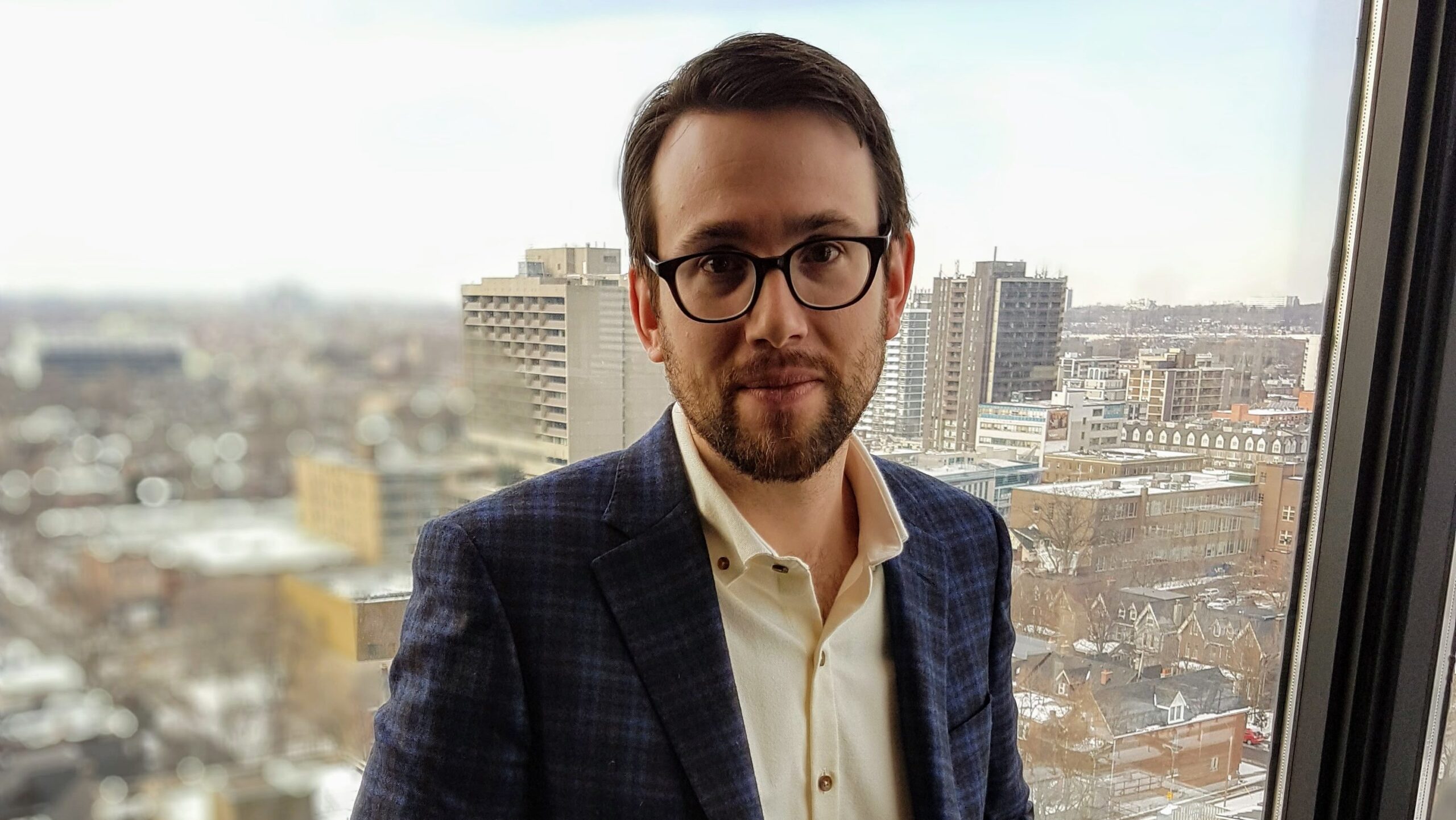Profile:
Environmental Research, ENV421
Students in ENV421, Environmental Research spend a full academic year learning qualitative research skills and carrying out a research project from start to finish. Students work as environmental consultants and are ‘hired’ by real local environmental non-governmental organisations (ENGOs) – the ‘clients’. The ENGOs have pressing research questions but do not necessarily have the capacity to address them. Students work in small research groups using qualitative methodologies to provide high-quality advice to the ENGOs. Asking the right questions, conducting a thorough literature review, having an appropriate methodology, collecting raw data, analysing data, drawing conclusions, writing a report and presenting findings, are all areas of focus in this course.

Program Details
Instructor / Program Coordinator(s):
Tanhum Yoreh, Assistant Professor, School of the Environment, Faculty of Arts & Science
Profile(s):
External Partners Faculty & Staff Students
Division:
Faculty of Arts & Science
Benefits to Students:
Students taking this course are upper-year undergraduates who are considering their pathways after graduation. This course gives them the opportunity and the tools to be part of a research team working on a real-world local environmental issue. The students are provided with support through what is for most their first ever long-term research project, and are given the opportunity to work on a real problem with a real partner. These skills transfer to both a future in research and the workplace.
Benefits to External Partners and the Community:
The community partners for ENV421 are local environmental non-governmental organizations. Non-profits are often at the limits of their capacity to address their mandates. This course provides the community partners with hundreds of hours of engaged student contributions in exchange for the opportunity to work on meaningful and pressing environmental issues.
Benefits to the University:
This is one of the School of the Environment’s undergraduate capstone courses. The students have the opportunity to apply the knowledge that they’ve picked up throughout their studies and learn new research skills. One of the keys to unlocking a sustainable future is through building strong community ties. Engaging our local communities is an important part of how the School of the Environment envisages fostering positive environmental and social change.
Information for Interested Students:
Visit the School of the Environment’s page to find additional information about this course, including eligibility requirements and when this course will be offered.
Advice for Faculty and Staff Interested in Creating a Similar Experiential Learning Opportunity:
Working with community partners is extremely rewarding. While I was an undergraduate student the most impactful course I took involved a community partnership with an ENGO in Montreal. As an instructor, I wanted to recreate the positive experience I had for my own students. This is one of the best and mutually beneficial ways as an instructor to give back to the community in a very tangible way. Like all of us, community partners go through waves of intense busy periods. One tip I would give to faculty and staff would be to maintain flexibility. If a community partner is too busy to engage with students at some point throughout the partnership, make sure you have a plan in place so that the students aren’t compromised.
Professor Tanhum Yoreh
Details
Partnership Based
Curricular
Unpaid
